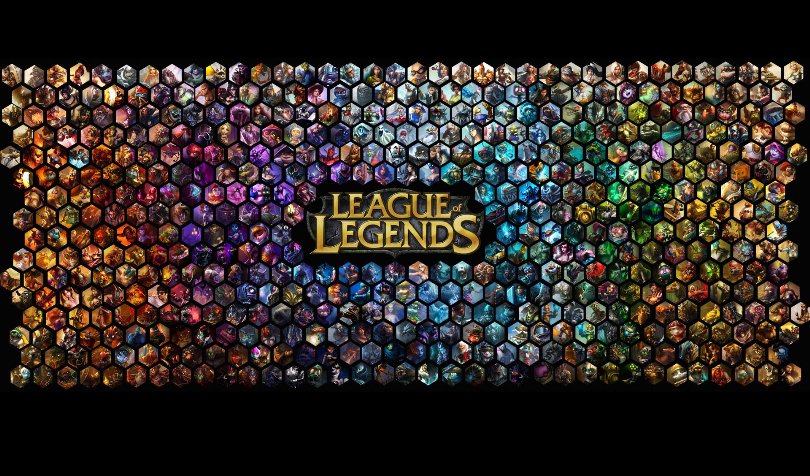Short Story (TL;DR): Fake news on Facebook is a symptom of deeper issues like confirmation bias and indifference to truth. We need to move beyond debunking to address the psychology of the people posting it. Solutions include education, fact-checking tools, and rebuilding trust in truth through responsible online behavior. Let’s fight misinformation together!
Fake News is a Problem
The specter of fake news continues to haunt the digital landscape, casting a long shadow on our ability to discern truth from fiction. We, weary warriors of the internet, are burdened with the task of manually debunking each fabricated post, each outlandish claim. While automated fact-checking tools offer a ray of hope, their efficacy is limited to existing news sources and established websites. They cannot, and will not, catch the fresh, the nefarious, the brand-new lies that slither through the murky underbelly of online discourse.
The Psychology of Fake News Posters
But even if we could sift every grain of sand for the glint of truth, the true issue isn’t the glitter, but the gold beneath. It’s the people who mine and distribute this toxic ore – the purveyors of misinformation, the architects of alternate realities. For them, “facts” are malleable clay, molded to fit the contours of their pre-existing beliefs, their confirmation biases, their warped perception of the world.
They revel in the echo chambers of their own creation, where evidence holds no weight, where dissent is met with deafening silence or the gnashing of teeth. When presented with the cold, hard truth, they remain unmoved, their minds impervious to the light of correction. They refuse to remove the offending post, to correct the falsehood, or to unfollow the source of their delusions. Instead, they double down, clutching their distorted reality like a life raft in a sea of doubt.
Lack of Shame and Accountability
This isn’t just about misinformation, it’s about a fundamental loss of values. We, raised on the bedrock of self-improvement and accountability for our mistakes, were taught that encountering facts that contradict our beliefs is an opportunity for growth, not a cause for defensiveness. We were instilled with the understanding that changing one’s mind, admitting error, and learning from new information is not a sign of weakness, but a mark of intellectual courage.
Yet, for today’s purveyors of fake news, shame seems a foreign concept. They revel in their ignorance, in their defiance of truth, in the harm they inflict on others. They are the gaslighters of the digital age, rewriting history to fit their own narratives, poisoning minds with their concoctions of lies and distortions.
Potential Solutions
Fixing this plague will be a long and arduous journey. Legal solutions are fraught with enforceability challenges across borders and cultures. Blocking fake news sites on Facebook might be a band-aid, but not a cure, as the hydra of misinformation will simply shift to other platforms. The answer, then, lies not in censorship, but in rekindling the flame of truth within each individual.
Education, media literacy, fact-checking tools – all these play a vital role. But ultimately, it is up to us, the conscious consumers of information, to demand accuracy. To value critical thinking, and to hold ourselves and others accountable for the stories we share, the narratives we create, and the world we choose to inhabit.
Let us hope that Facebook and other social media platforms rise to the challenge, implementing effective solutions that combat misinformation at its root. But more importantly, let us hope for a future where truth is not a weapon to be wielded, but a bridge to connect us, to enlighten us, and to empower us to build a better world. Together.






